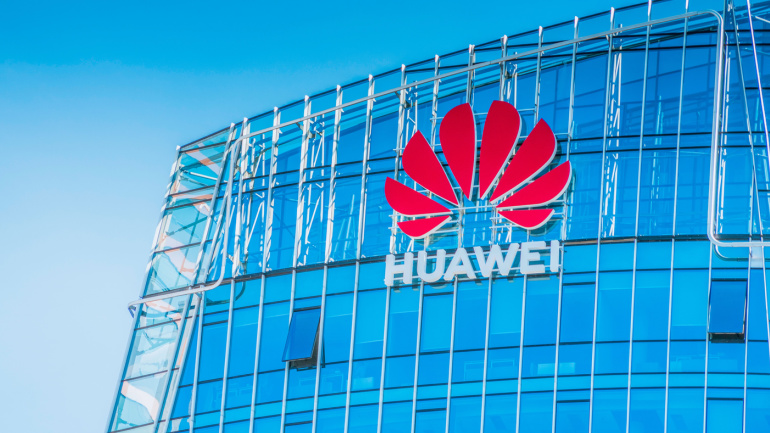The Huawei Mate 60 Pro, a covertly launched flagship smartphone, has been under the investigation of TechInsights, a Canadian company specializing in device components, in collaboration with Bloomberg. This partnership sought to uncover whether Huawei’s much-anticipated announcement could stand up to scrutiny, especially considering the stringent restrictions imposed on it by the US government.
The surprise launch of the Mate 60 Pro last week in China sparked curiosity about Huawei’s ability to produce such a device. After all, it’s well-known that Huawei can neither purchase chips from the likes of Qualcomm and Mediatek, nor can they utilize non-Chinese foundries like TSMC to produce their personal Kirin chips. The prevailing assumption was that this new smartphone would rely entirely on Chinese-made chips. However, skepticism arose due to the conjecture that China’s chip-making capacity is yet to be at par with the latest technology.
An analysis by TechInsights seemingly supports this assumption that Huawei‘s new Mate 60 Pro’s application processor is indeed a product of China’s primary chip-maker, SMIC. A corresponding report by Bloomberg supports this inference by stating that the chip is the anticipated Kirin 9000s. While it does remark that the effectiveness of the manufacturing process can’t be measured just yet, it acknowledges the gravity of this development considering the US sanctions were intended to prevent such advancements from occurring.
In the wake of this launch, there has been a wave of exultant propaganda from China. However, the extent of this achievement remains a matter of debate. One glaring fact is that even though the 7nm process is a highly advanced one, it is still approximately five years behind the cutting-edge 3nm process that TSMC and Samsung currently have perfected. The phone’s modem capabilities also remain a mystery in a market dominated by US powerhouse Qualcomm, even though Bloomberg suggests the device can handle 5G data speeds.
Despite the US’s questionable stance on curtailing technological advancements in foreign lands to keep them from catching up, it’s not easy to dismiss the accomplishments in China. Yet, even if SMIC could manufacture 7nm chips on a large scale, bridging the five-year tech advantage enjoyed by US-controlled chipmakers will be a significant challenge. Nevertheless, it seems clear that China is prepared and committed to investing a considerable quantity of material and intellectual resources to stay competitive in this space.







